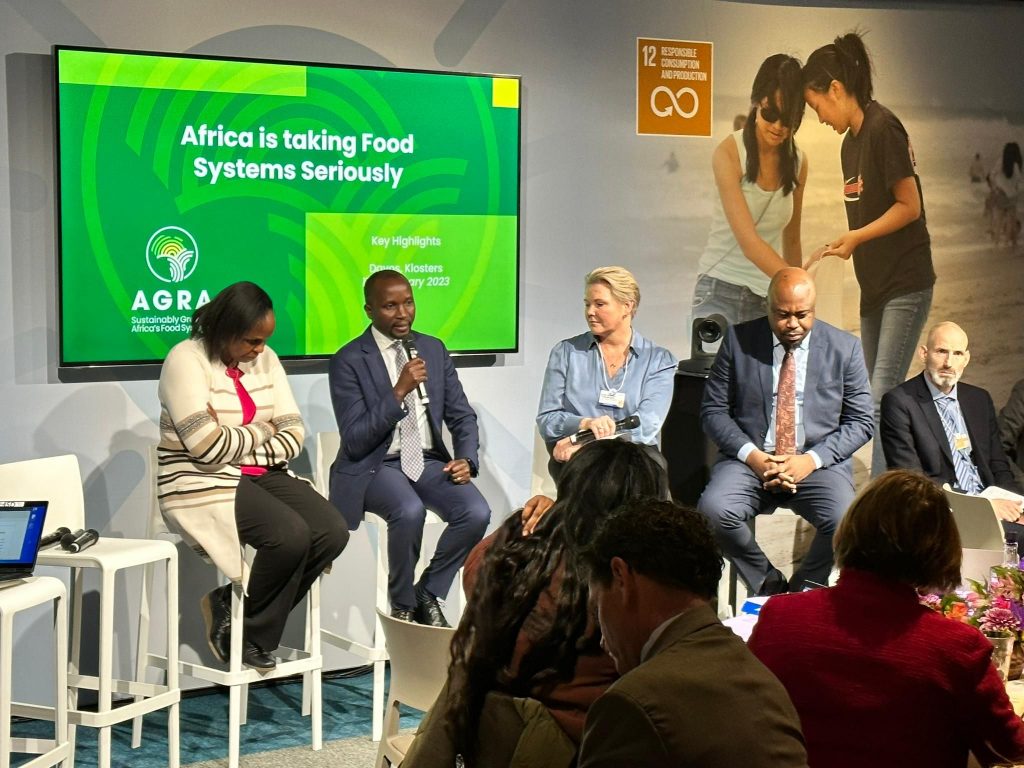Our Challenge Is To Achieve Brunei
Vision
By Zasika Musdi
Bandar Seri
Begawan – “Our challenge is not in the world outside which we
have no control over; our immediate challenge is within the country,
at the national level,” said Dato Paduka Hj Hamdillah bin Hj Abd
Wahab, Deputy Minister of Industry and Primary Resources in his
keynote address during the opening ceremony of the International
Conference on Business and Management.
In other words, he said that in
order to create a “Competitive Advantage in the Global Economy”, we
should not exert ourselves on external factors – such as the
impounding rise of China and India, the rapid growth of Gulf
countries, and the superior technological advancement and
innovations powered by the developed economies ? but instead focus
on what we want at the end of the journey: “The Brunei Vision”,
which is to achieve “A Diversified, Competitive and Sustainable
Economy”.
This could be done through the
diversification of the economy so that the country does not depend
only on oil and gas; through the development of an entrepreneurial
society at all levels, which is competitive locally and globally;
and finally through the strengthening of the private sector’s
economic role through exports.
“Hard work begins at home,” said
Dato Hamdillah. “We have to move faster, and tangible results need
to be delivered in earnest, to an extent that potential FDIs can see
the mutual benefit in partnering with Brunei companies to enable our
niche strategy (Islamic Finance, Brunei Halal and Eco-Tourism driven
by the Heart of Borneo project) to work.
“The government, the public sector,
the business (the industries) or private sector and the cooperatives
have to collaborate more effectively and efficiently to
synergistically attain higher levels of the nation’s economic
growth,” he said. “Indeed, by joining forces, all three sectors can
help to solve common problems together, in delivering goods and
services better than the competition.”
He said the Ministry of Industry
and Primary Resources has undertaken and implemented several policy
initiatives in support of attaining “The Brunei Vision”, one of
which is the adoption of the niche strategy that focuses on sectors
that capitalises on various inherent strengths and abilities to see
the economy grow and provide quality and sustainable job
opportunities, especially for the youth.
An example of a niche sector
identified which is built on Brunei’s strong Islamic credential is
halal foods, namely the “Brunei Halal” Project, which is an attempt
at tapping into the growing Muslim population of over 1.9 billion
worldwide and a halal food market which is valued at more than
US$500 billion.
Another policy that has been
implemented is facilitating access to market opportunities for local
entrepreneurs through active participation in sub-regional, regional
and international forum. He said, “By forging closer economic
partnerships or free trade agreements with countries in the Asean,
Apec, OIC, we are expanding our market outreach as well as the
business, trade and investment opportunities for our entrepreneurs.”
He added that such agreements and economic partnership arrangements
also give access to technology and skills.
Continuous attention has also been
given to HRD, of which Brunei has been ranked 34th in the world in
terms of Human Development Index (HDI) as reported by the 2006 UNDP
Human Development. He said that this highly educated and flexible
human resource will be our most critical asset in facilitating
economic diversification and sustaining the socio-economy, and it is
the ministry’s ambition to continuously improve its global ranking.
Brunei’s international recognition
through the Heart of Borneo project was also brought to light,
especially since it is one of the key players in probably the most
important global forest conservation initiative today.
He also highlighted the challenge
in ensuring that SMEs are efficient and competitive, considering the
very small domestic market, and suggested three broad approaches in
promoting the country’s SMEs.
Firstly, by expanding business
opportunities through projects of the Brunei Economic Development
Board, namely Sungai Liang Industrial Project and Pulau Muara Besar
Mega Port Project, which are aimed to stimulate the country’s
industry and SMEs whilst strengthening the export strategic
potential. This flagship project aims at creating more than 7,000
jobs and attracting more foreign direct investments, and its
significance lies in its intention to break away from the comfort
zone and complacency enjoyed by the status quo.
Secondly, by providing a favourable
business environment for trade and investment, which would include a
stable government where graft and corruption are not tolerated at
all levels and individual rights are protected; availability of
industrial sites at competitive lease and rental terms; and
competitively priced utilities and excellent and modem
infrastructure are available for various economic activities.
And thirdly, by ensuring that SMEs
are able to take advantage of those opportunities. The ministry’s
aim to provide an integrated support programme to promote the
development of SMEs include: training and business advisory
services; facilitating access to finance (enterprise facilitation
scheme, micro-credit scheme and a new scheme that is in the works
i.e. Export Refinancing Scheme); product and trade promotion
programme; site development for production and industrial
activities; and access to technology, technical support and
scientific services. — Courtesy of Borneo
Bulletin



